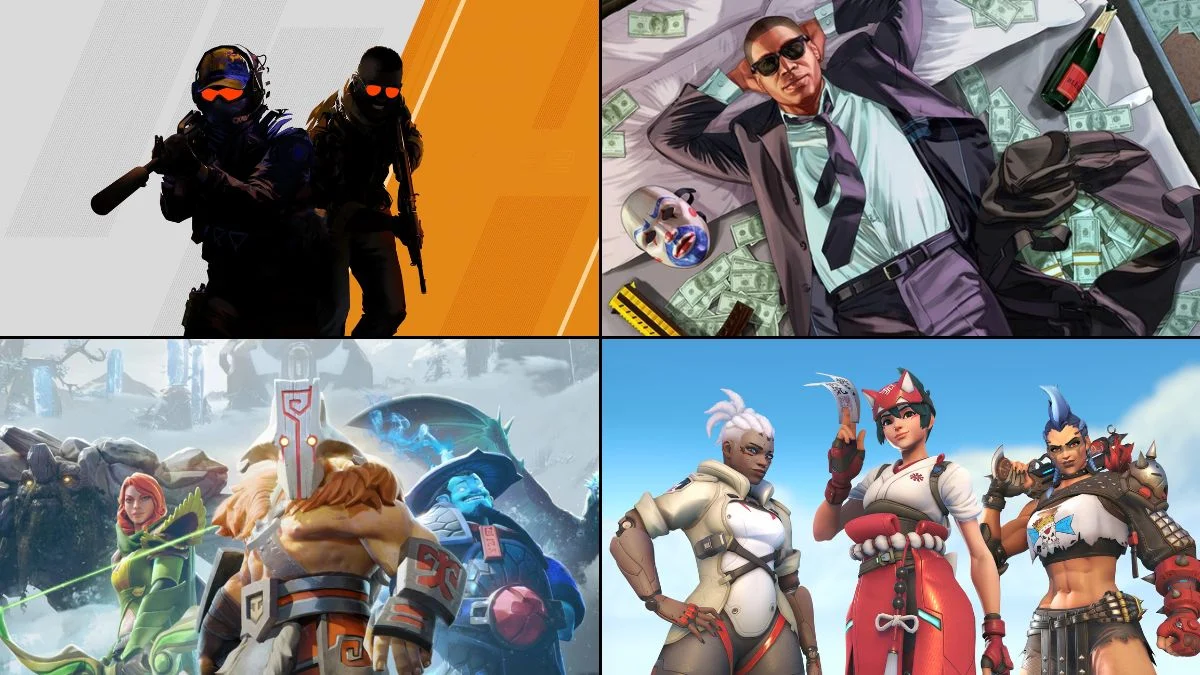
Popular online games often attract large player bases, and unfortunately, that can lead to negative behavior in chat and during gameplay. Games with competitive elements, frequent voice communication, and a strong need for teamwork are especially prone to arguments and intentional disruption. While developers usually offer ways to report problems, block players, and punish bad behavior, issues still arise during busy times and in ranked matches. The following communities particularly need strong moderation and player guidance because the combination of competitive pressure and open communication can easily cause conflict.
League of Legends
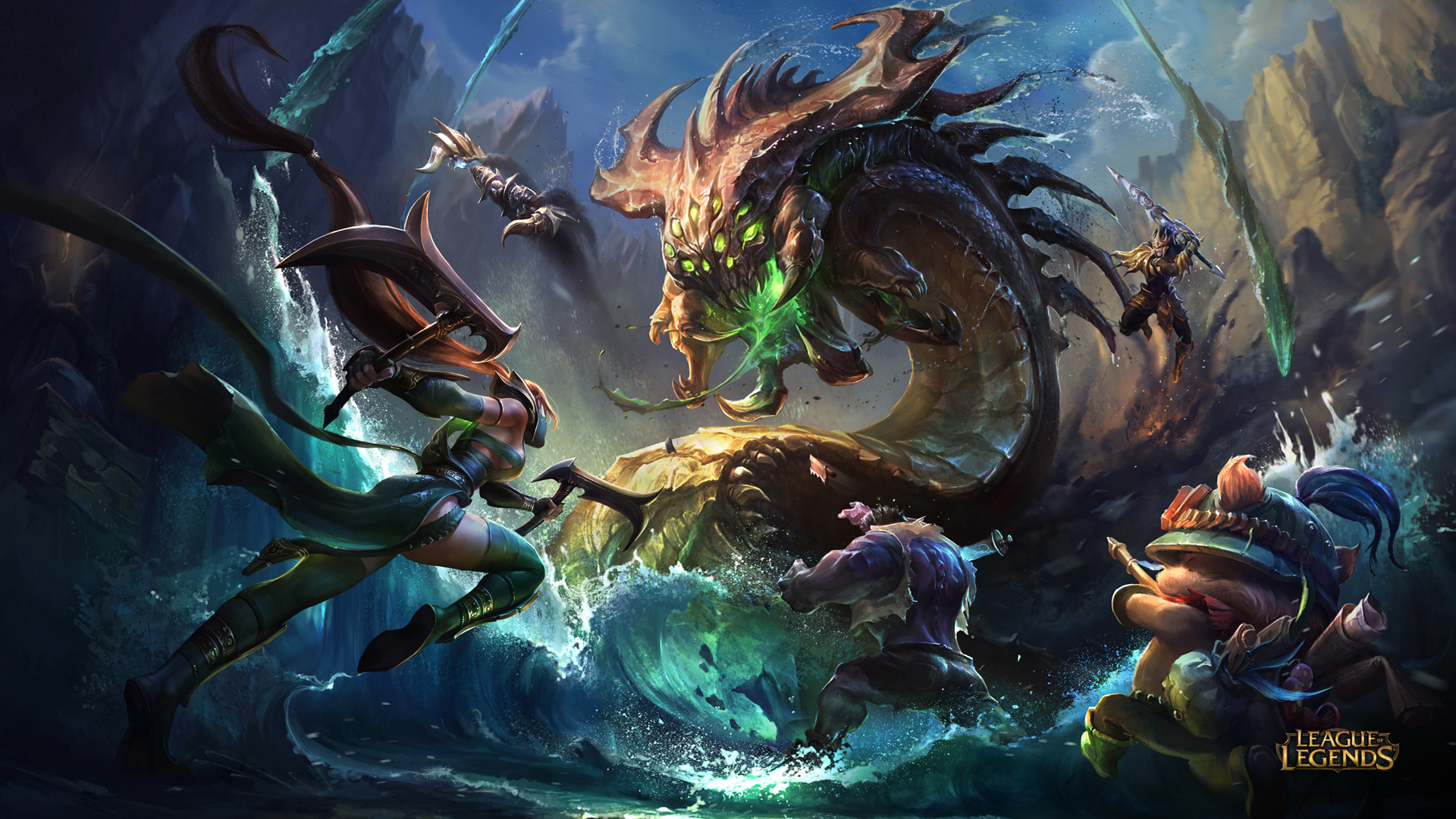
Teamwork is essential in matches, making it easy to notice and point out errors. The competitive ranked system often leads to extended play sessions, which can cause frustration to build up. Riot Games offers tools like muting options, automatic chat monitoring, and punishments for intentionally harming your team or leaving games. Arguments often arise from avoiding queues or disagreements about roles, and the game uses honor and rewards to promote positive behavior.
Dota 2
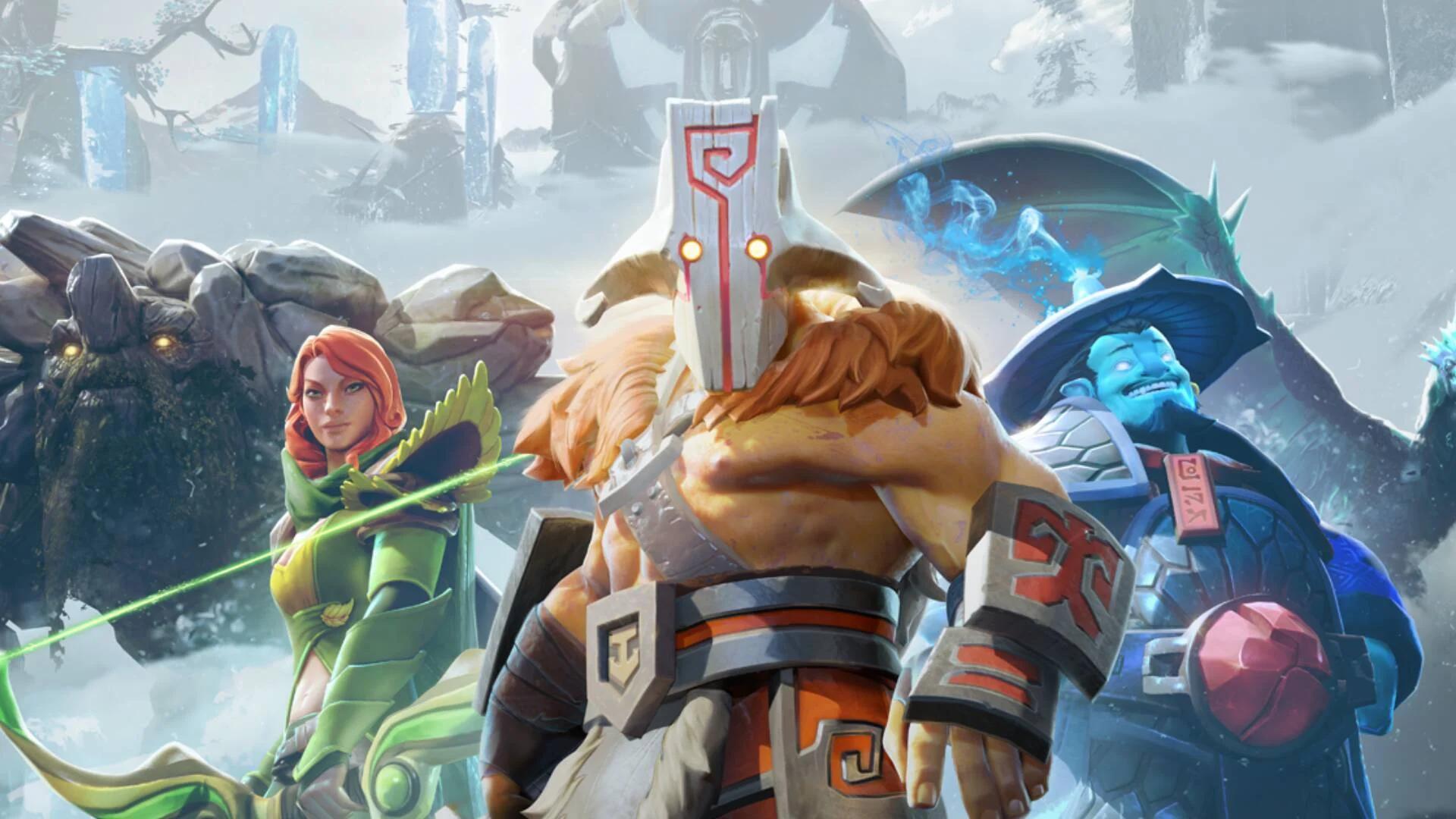
The game demands strong teamwork and takes a while to play, so even small mistakes can feel significant. When players don’t coordinate well, it often leads to frustration and blame. Valve tries to address these problems with systems like penalties, behavioral ratings, and communication restrictions. While features like coaching and preferred roles help, disagreements still happen frequently in public matches, especially when it comes to sharing resources and deciding what to focus on.
Call of Duty
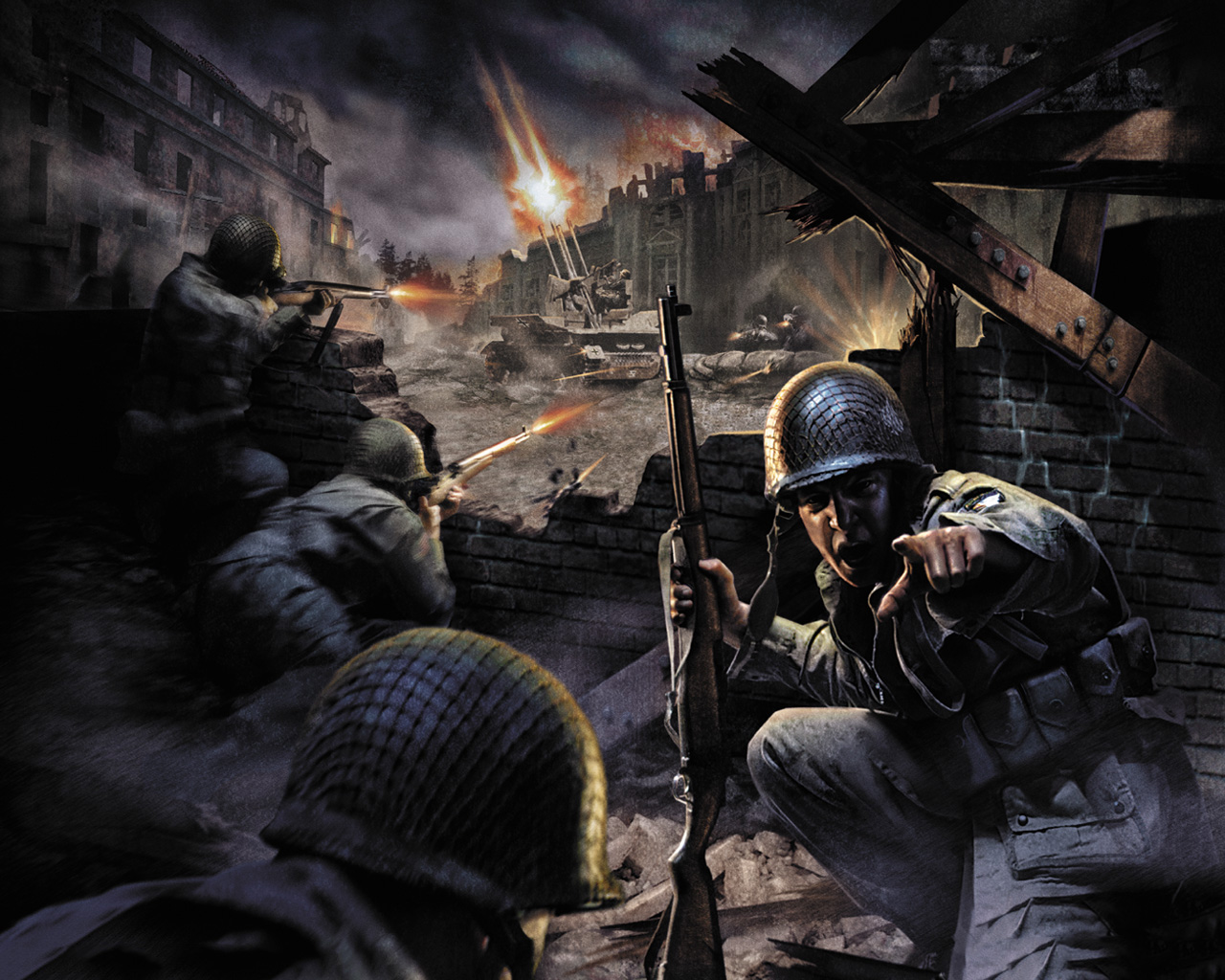
Fast-paced matches and frequent lobby interactions often lead to playful banter and post-game discussions. Voice chat across different gaming platforms connects players, with options to customize settings and filter communication. The game also has systems to report inappropriate behavior, filter text, and penalize repeat offenders. Competitive matchmaking and the desire to unlock customizations can sometimes create tension that carries over into chat.
Counter-Strike 2
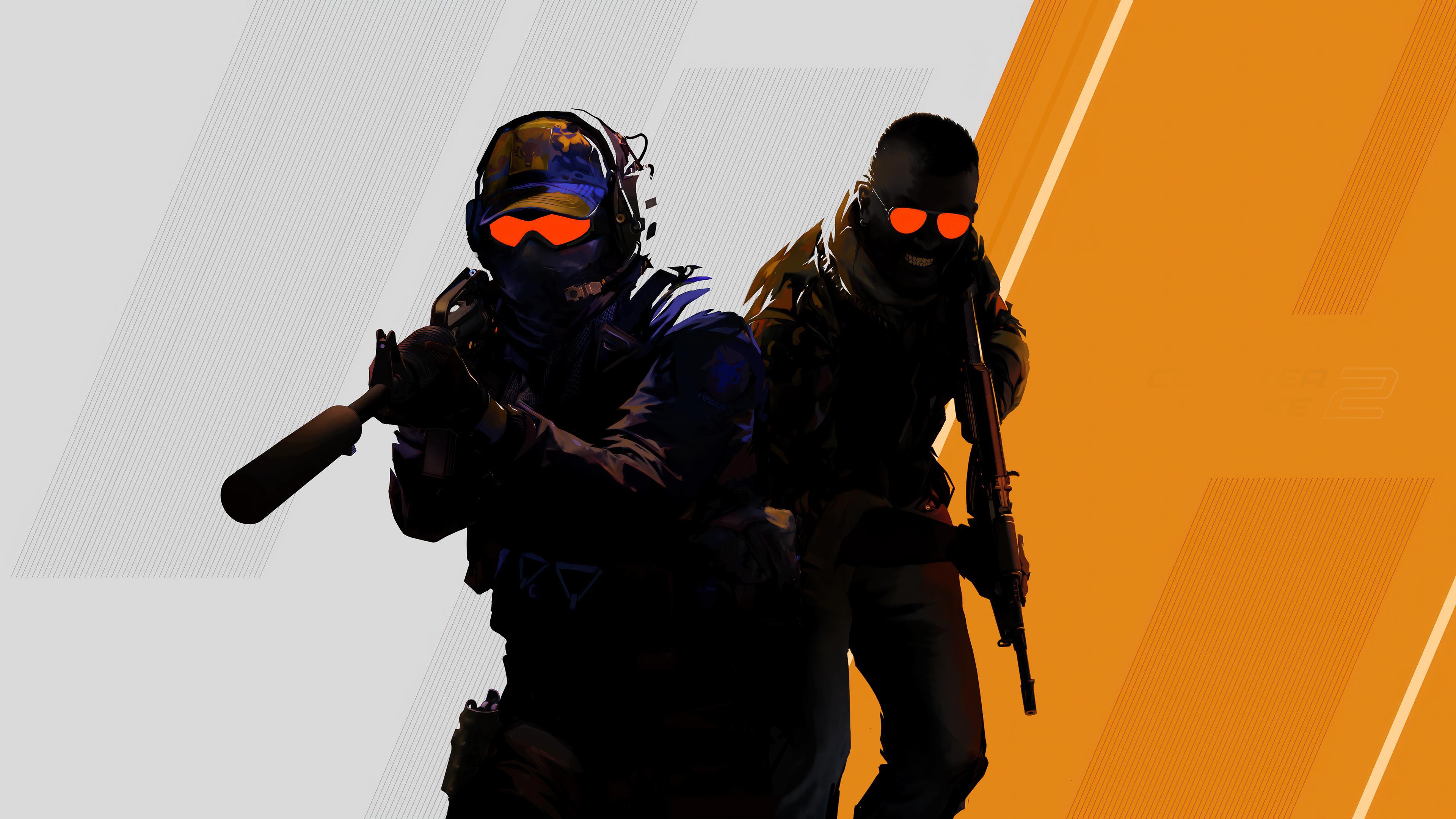
Working together as a team in this game requires careful resource management, and disagreements often arise about purchasing decisions and overall strategy. Because players rely on voice communication to share information during matches, mistakes are quickly noticed. Valve tries to address disruptive behavior using systems like trust ratings, review tools, and temporary communication restrictions. However, friendly fire and the ability to vote-kick can be misused in casual play, leading many players to prefer playing with established teams.
Valorant
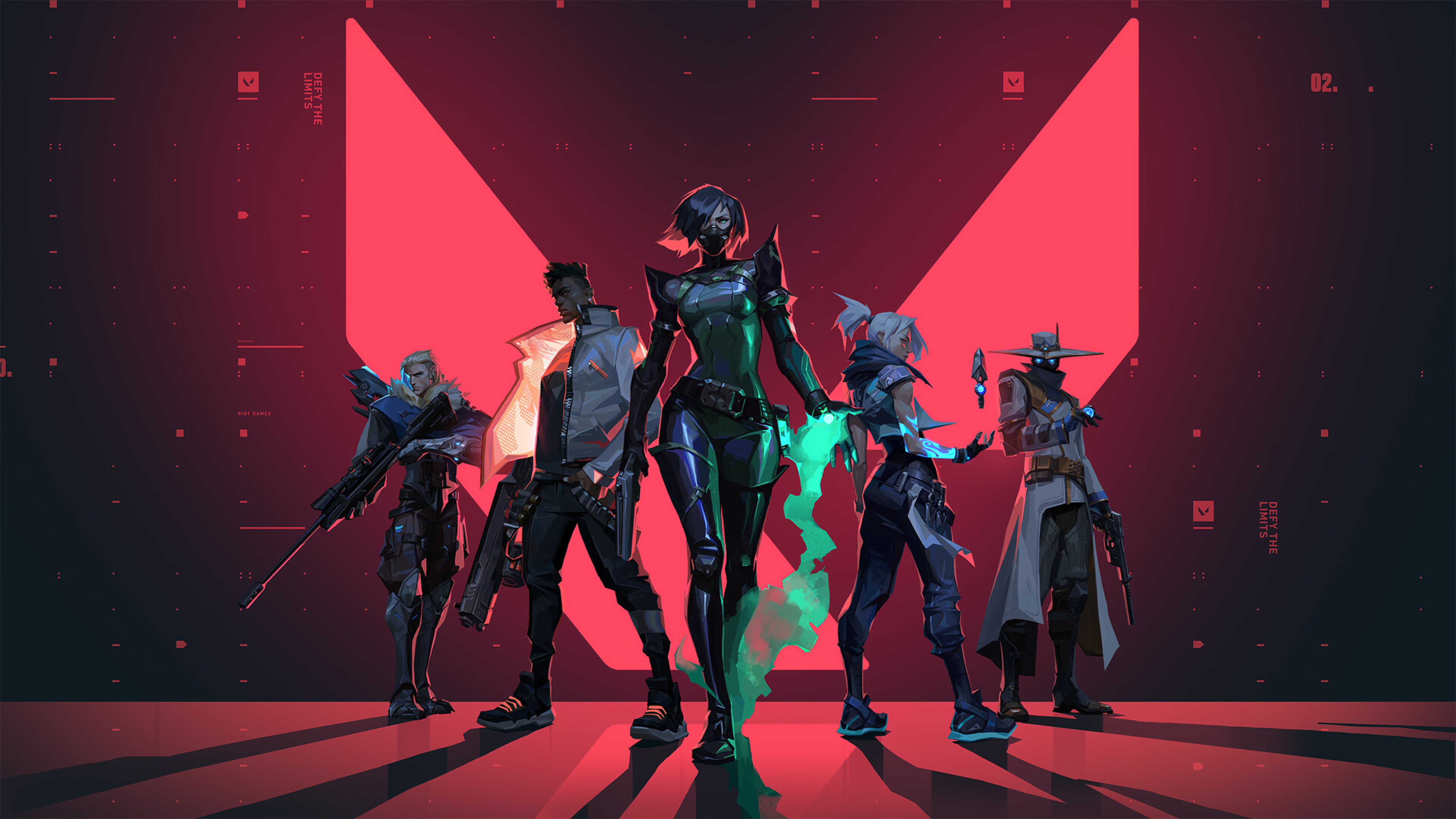
Team-based strategies and coordinated plays mean that misunderstandings can be really damaging. Competitive play requires players to stick to their roles, leading to frustration when team compositions don’t work out. Riot Games is actively working to improve player behavior with tools like live voice and text monitoring, hardware bans for severe offenses, and a clear system of penalties. Arguments frequently happen before and after matches over quickly choosing agents or disagreeing on which map to play.
Overwatch 2
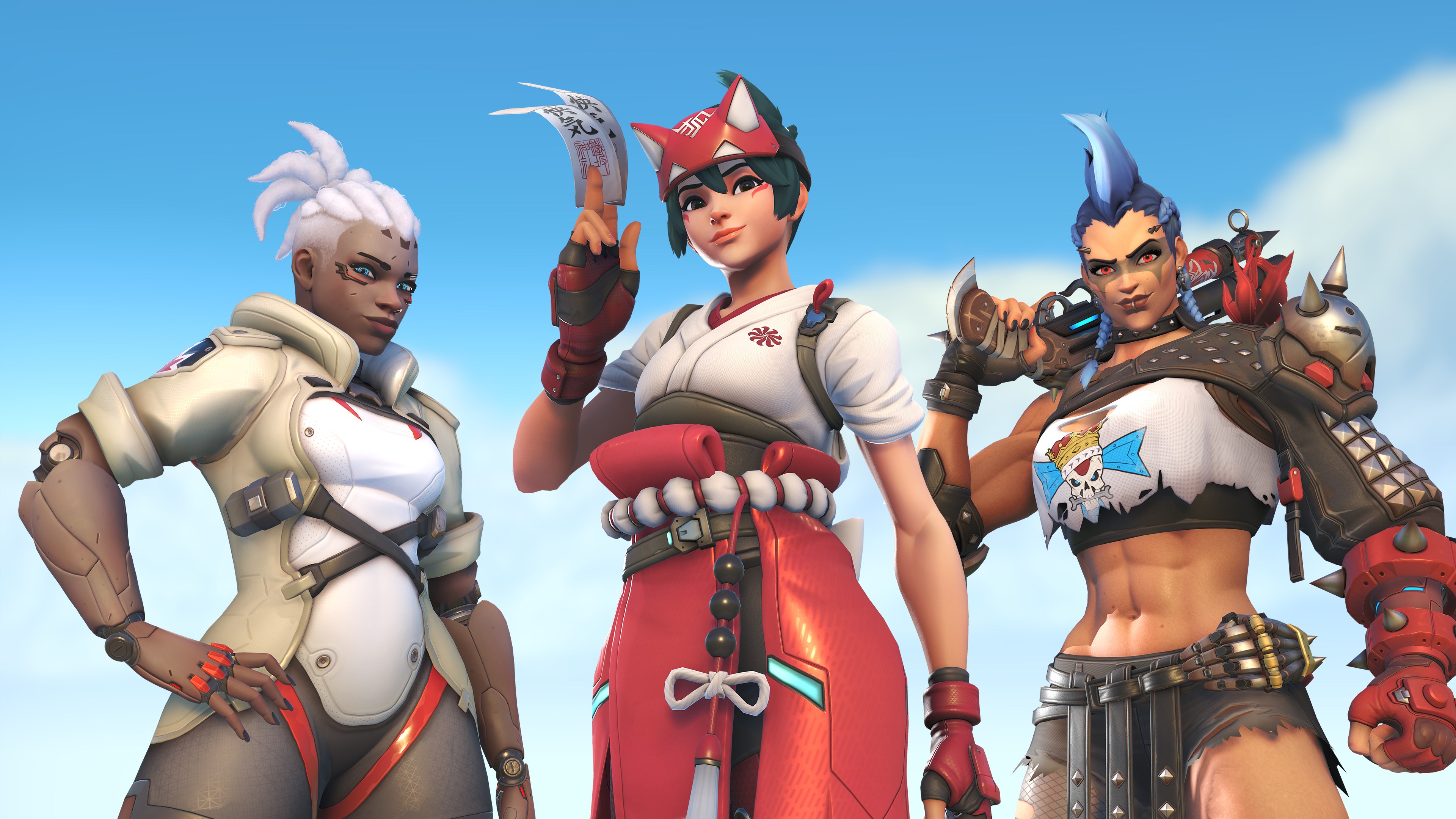
The ability to switch heroes mid-game often leads to disagreements about the best team setup. While choosing roles beforehand helps, arguments still happen about when to use powerful abilities and who to attack. Blizzard tries to address negative behavior with systems like endorsements, the ability to avoid certain players, and punishments for abusive chat. Both casual and ranked matches see frustration when teammates don’t focus on the main goals or fight effectively as a group.
Rainbow Six Siege
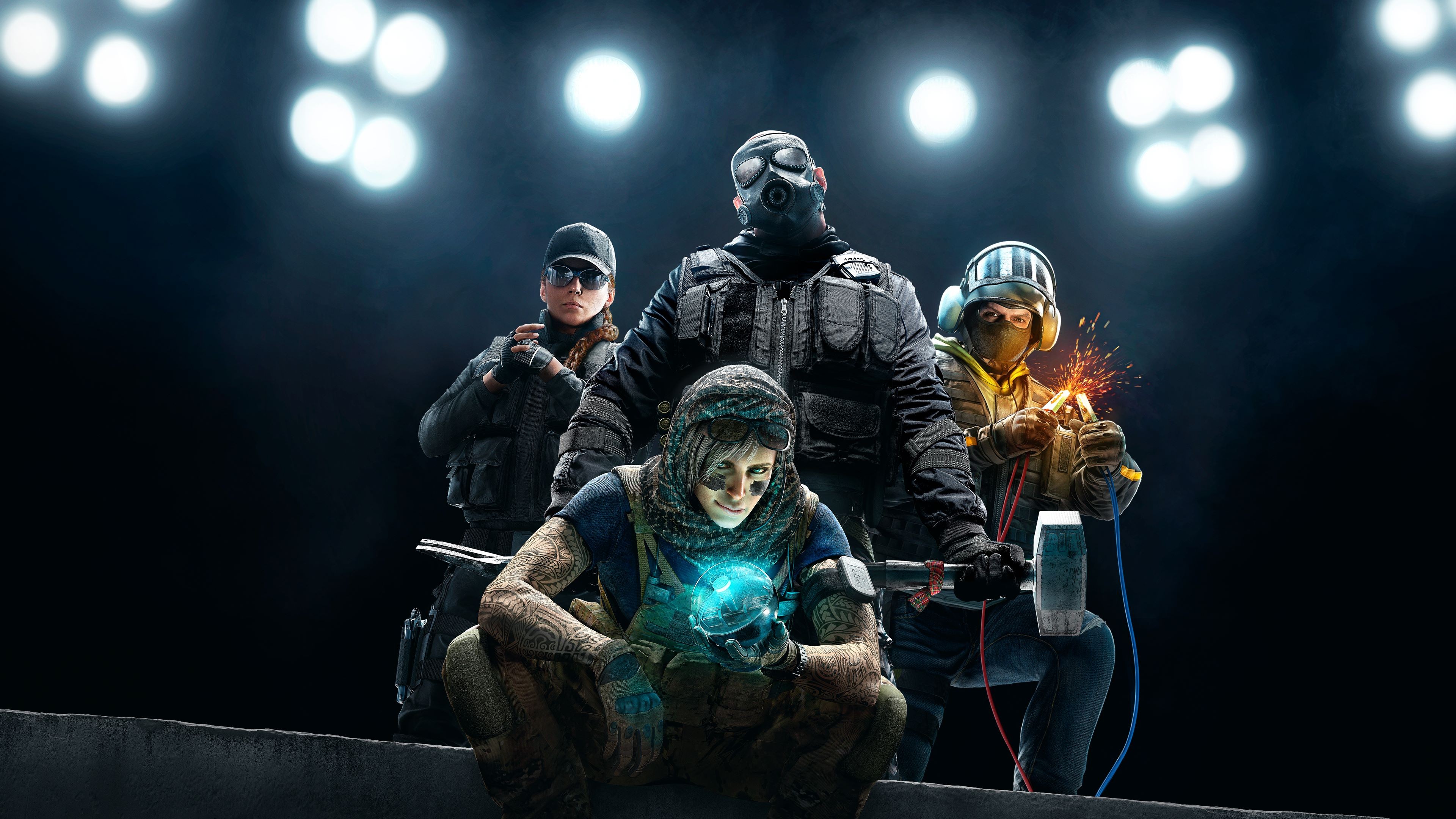
As a Rainbow Six Siege player, I can tell you the game doesn’t mess around! One little mistake with clearing a room or setting up defenses can get you punished fast. Communication is key – you really need to be calling out enemy positions, and when things get intense, everyone’s listening and quick to offer advice, sometimes a little too quickly! Ubisoft is trying to keep things civil with a rep system, penalties for bad behavior, and they’re monitoring voice chat. But honestly, arguments still pop up a lot – usually over things like quick peeks at spawns, friendly fire, or just the pressure of a late-round situation. It can get heated!
Fortnite

With many players and frequently changing game types, it’s tough to monitor voice chat. The ability to create custom games leads to diverse social environments, but also inconsistent rules. Epic provides tools like parental controls, reporting features, and text filters to help reduce harmful behavior. Intense competition and building at the end of matches can sometimes create stressful situations for teams.
Apex Legends
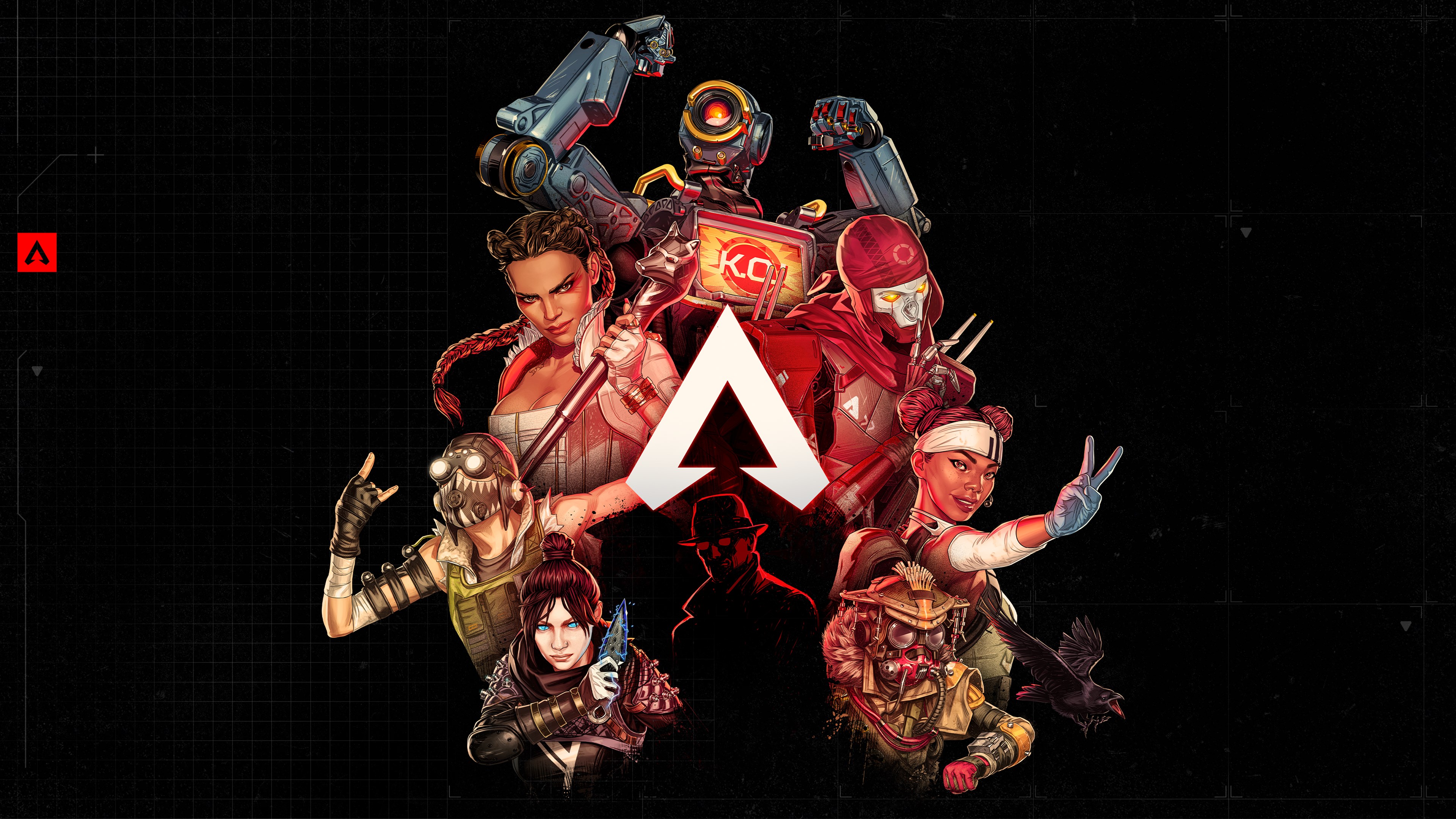
Team play in Trios often requires good teamwork and combining abilities, but players frequently complain about matches being left unfinished. While the in-game ping system helps reduce the need for constant voice communication, intense moments still lead players to use voice chat. The game includes ways to report disruptive players, mute their audio, and limit the ability of repeat offenders to join matches. Players in solo queue often struggle with landing in popular areas, getting their banners back after being eliminated, and fighting over valuable items.
Rocket League
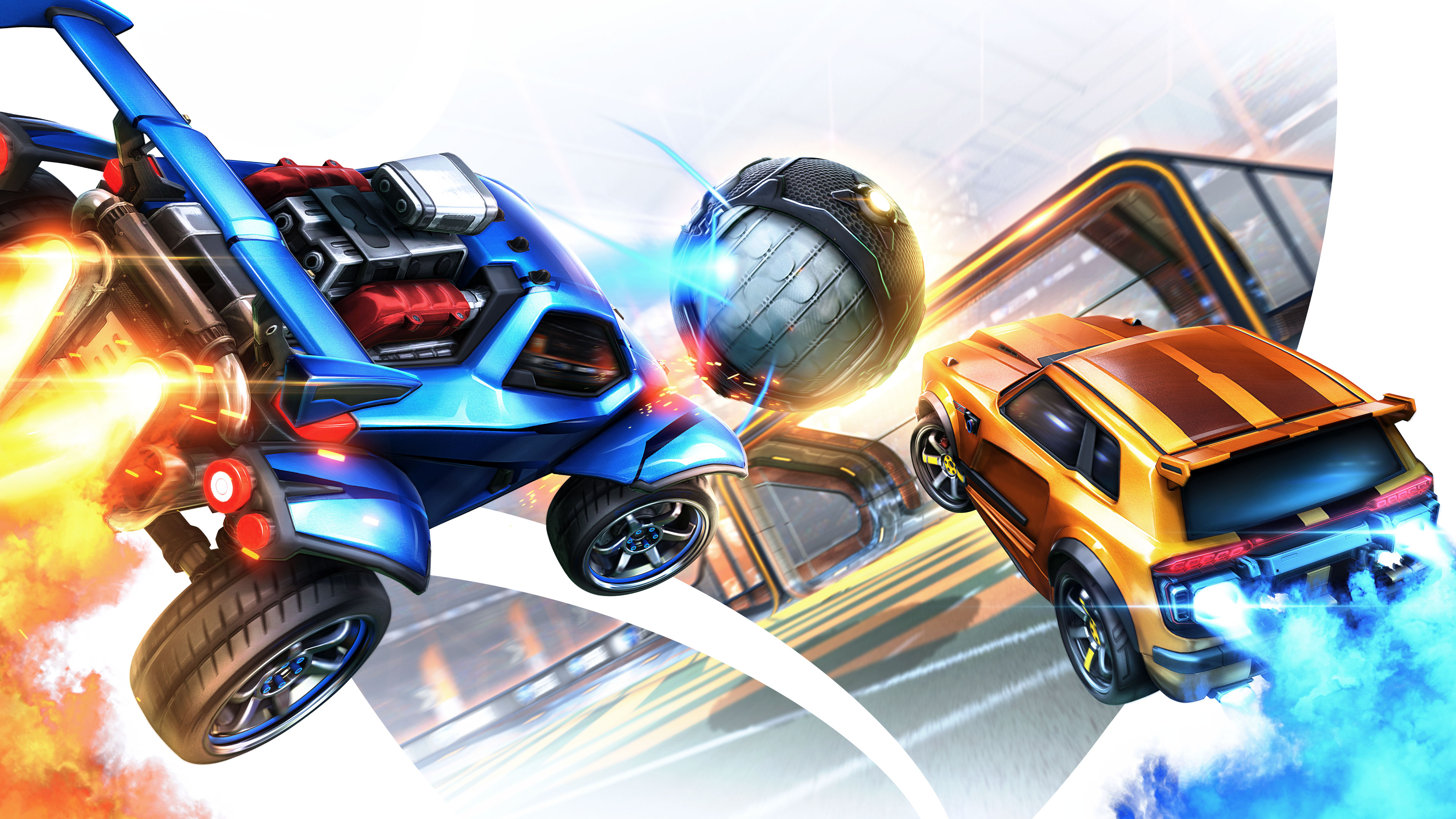
When players miss easy shots or accidentally score on their own team, it’s common to see blame directed at others. While quick chat is fast and convenient, it’s often used to mock opponents or even teammates. Psyonix actively bans players for harassment and provides tools like chat filters and muting options to help. Because rank changes happen quickly, getting frustrated after a loss can easily carry over into multiple games.
Dead by Daylight
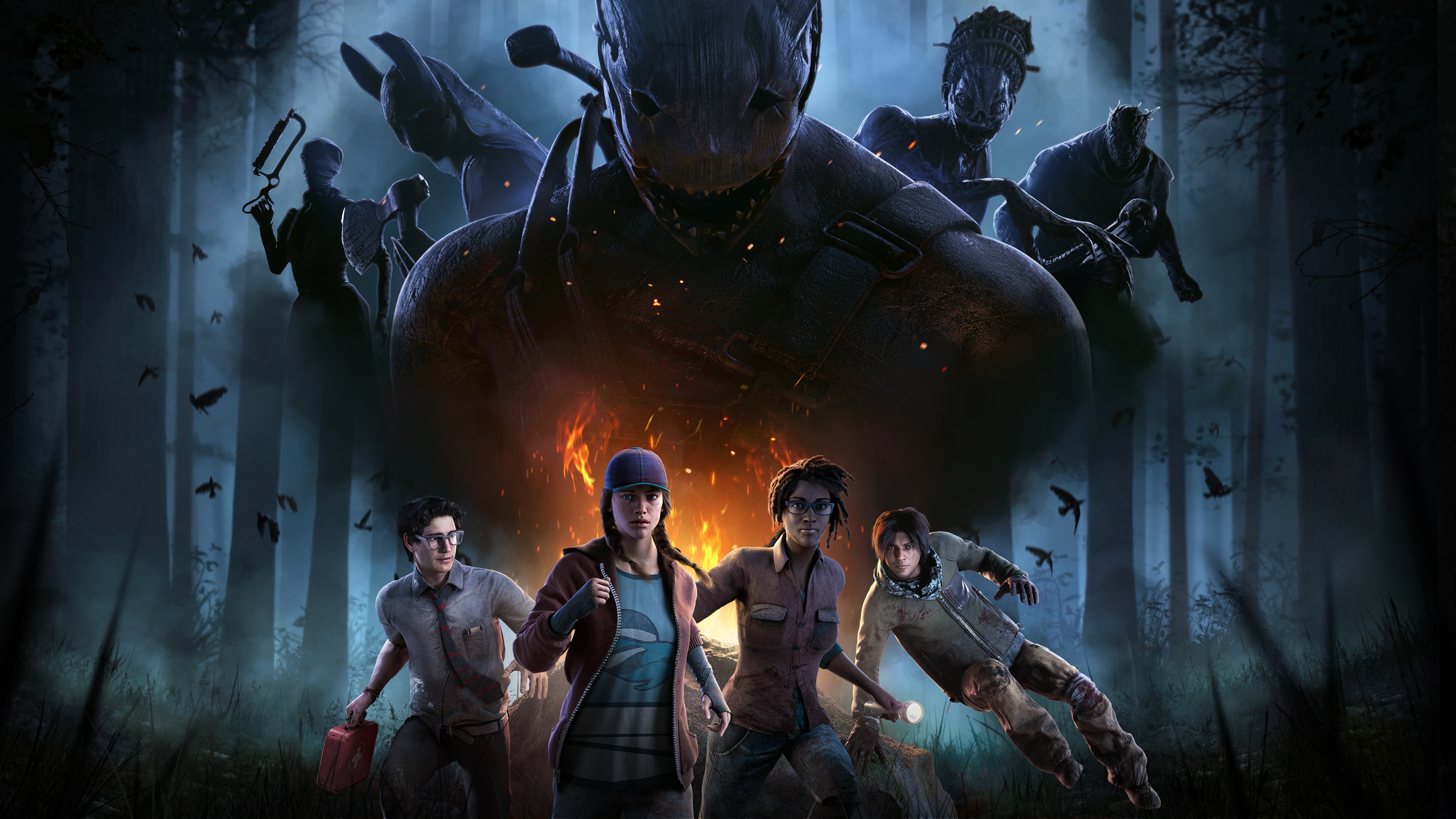
The game’s uneven design often leads to conflict between players, with arguments frequently erupting over unfair tactics like ‘camping’ and ‘tunneling’. While the game has tools to address toxic behavior – including chat filters, reporting systems, and penalties for repeat offenders – changes to the game’s perks and maps often spark new debates among players in public matches.
World of Warcraft
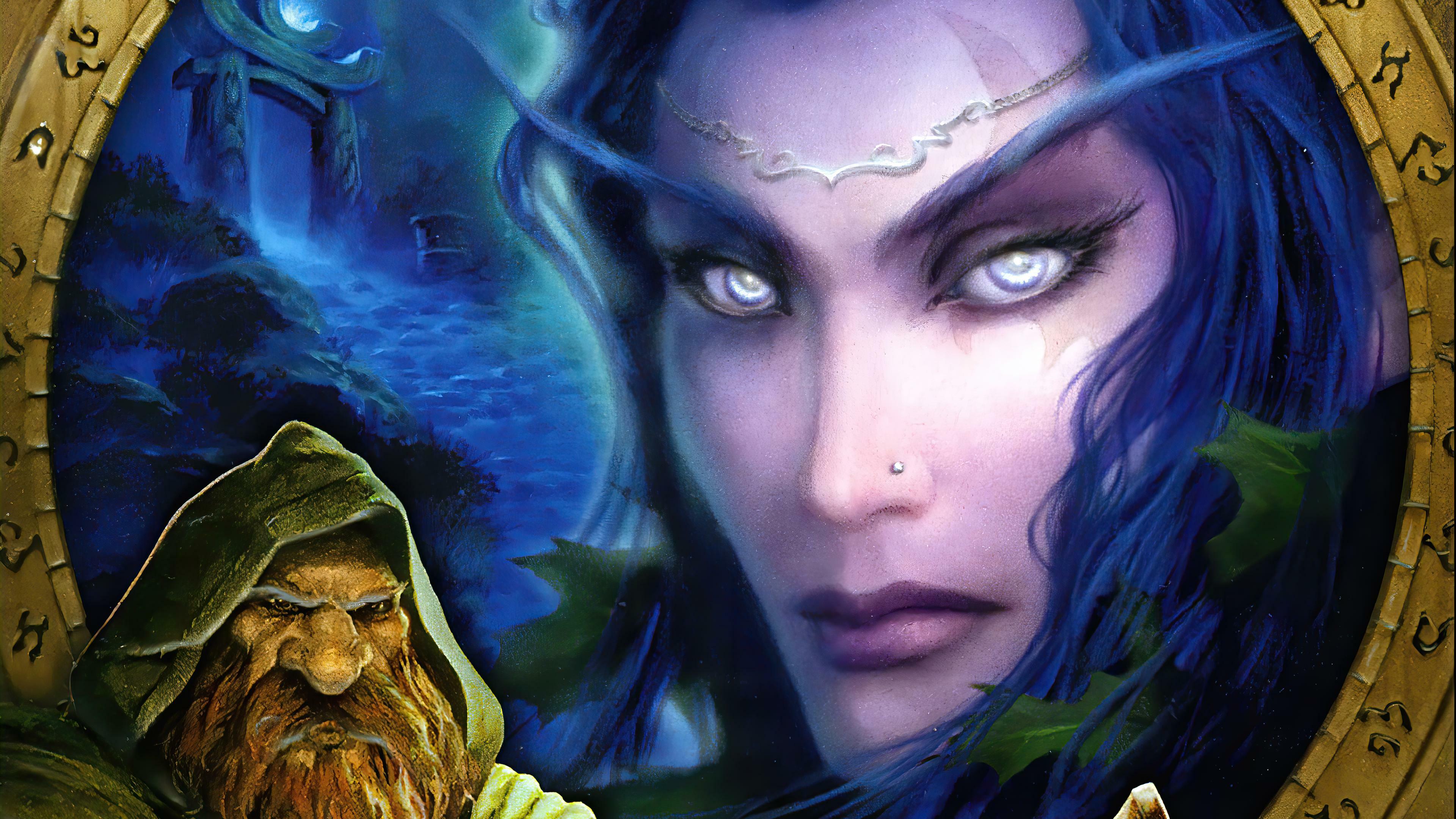
Activities like Mythic+ dungeons and raids demand precise teamwork, often leading to disagreements about the best strategies and how to execute them. Finding groups through online tools brings players with different ideas and skill levels together. Blizzard tries to manage this with features like muting, penalties for disruptive behavior, and automatic chat monitoring. While strong guilds can minimize problems, randomly assembled groups – often called ‘pugs’ – frequently experience conflict.
Grand Theft Auto Online

Open world games often let players both team up and compete, which unfortunately leads to some people using tools like explosives and vehicles to bother others. Playing in public lobbies can also cause frequent conflicts over resources and activities. Rockstar has tried to address this with features like private sessions, reporting systems, and voice chat filters. Unfortunately, players sometimes try to scam each other within the game’s economy and progression systems.
Rust

In games where players lose all their items upon death, defending your base and controlling resources becomes incredibly important. Voice chat and in-game signs can be used to constantly bother other players if rules aren’t enforced. Because server rules and how communities are run change so much, each game experience is different. Regular resets, attacks when players aren’t online, and fights over territory often lead to disagreements.
Ark: Survival Evolved

Conflicts between player groups, often fueled by minor disagreements and raiding, cause ongoing problems on servers. The global chat is frequently filled with both threats and players forming alliances. While private servers rely on administrators and custom rules to maintain peace, official servers are often unpredictable. Common issues include players attacking when others are offline and one powerful group controlling everything.
DayZ

When resources are limited and characters can be permanently killed, players often don’t trust each other during interactions. It’s common to immediately attack others, and this frequently leads to arguments in the chat afterwards. Different servers, run by communities or with modifications, have their own rules enforced by administrators and systems that limit who can join. Conflicts often arise over rules about attacking player bases and accusations of players disconnecting to avoid fights.
Escape from Tarkov
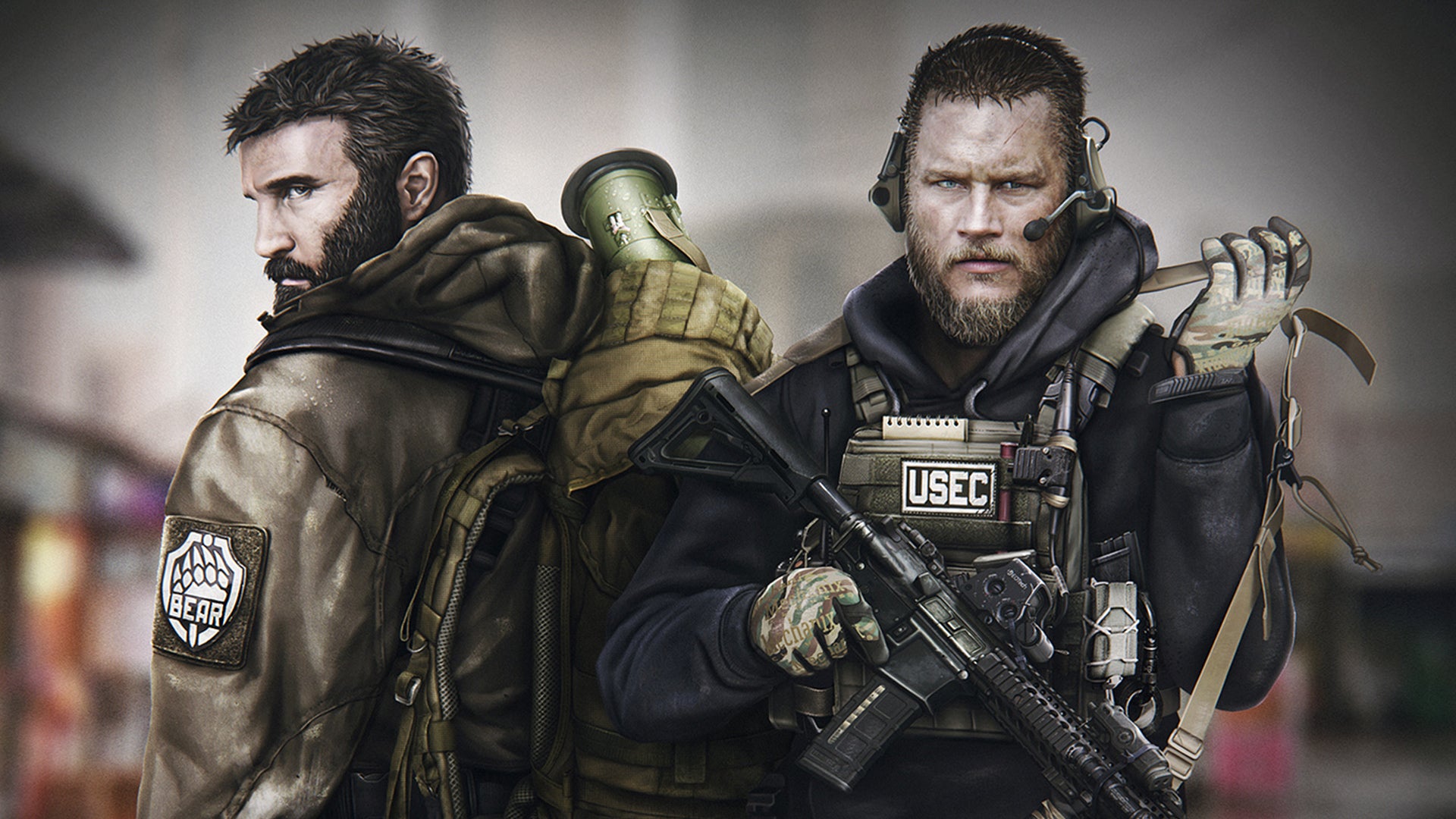
Losing valuable items and struggling to recover after dying quickly is very frustrating for players. This often leads to arguments in voice and text chat, with people accusing each other of unfair tactics like camping or attacking players already engaged in a fight. The game developers respond by temporarily muting or banning players who harass others or trade in-game items for real money. Changes to the game’s difficulty or economy can also increase stress and competition for important quests and areas.
PlayerUnknown’s Battlegrounds
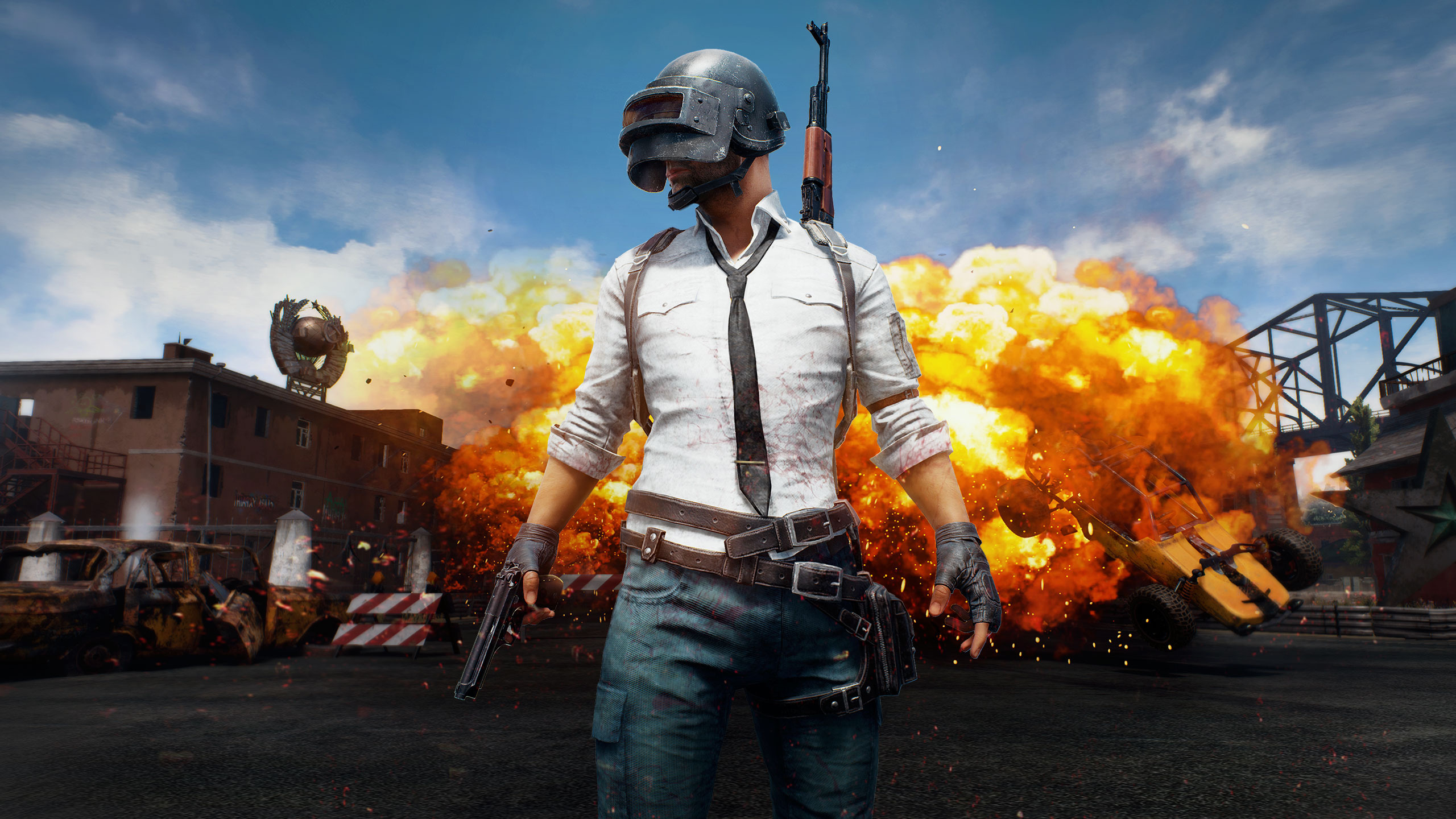
Popular landing areas often result in quick defeats and boastful opponents. Because players from all over the world with different languages use voice chat, it’s hard to moderate what’s said. The game uses reports, mutes, and limited access to matches to punish players who break the rules. Players also frequently accuse others of unfair practices like watching streams to gain an advantage or teaming up in solo matches.
EA FC

Playing Ultimate Team can be stressful, especially when trading or competing online, because of issues with finding matches and unexpected disconnections. Celebrations and quick messages within the game can sometimes upset opponents during close games. To help with this, the game includes tools like chat filters, reporting systems, and parental controls to reduce harmful behavior. The high stakes of weekend leagues can also lead to tense moments and disagreements.
NBA 2K
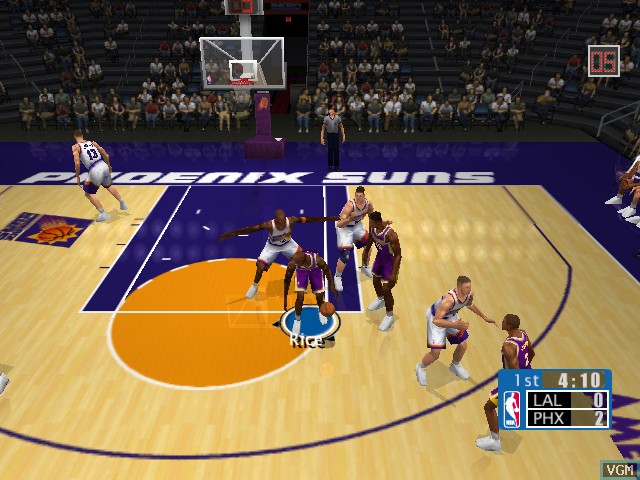
Park and Rec game modes use randomly formed teams, which can lead to frustration when players don’t cooperate or one person dominates the ball. Using voice chat on smaller courts often makes things worse, as players quickly criticize each other after mistakes. The game developers offer tools to report and block disruptive players, and they take action against repeat offenders. The focus on perfecting builds and earning reputation points also encourages lengthy play sessions, which can lead to increased tension and arguments as people get tired.
Let us know your tips and what’s worked for you in the comments – that way, we can all improve at dealing with challenging game situations.
Read More
- 39th Developer Notes: 2.5th Anniversary Update
- Shocking Split! Electric Coin Company Leaves Zcash Over Governance Row! 😲
- Celebs Slammed For Hyping Diversity While Casting Only Light-Skinned Leads
- Quentin Tarantino Reveals the Monty Python Scene That Made Him Sick
- All the Movies Coming to Paramount+ in January 2026
- Game of Thrones author George R. R. Martin’s starting point for Elden Ring evolved so drastically that Hidetaka Miyazaki reckons he’d be surprised how the open-world RPG turned out
- Gold Rate Forecast
- Here Are the Best TV Shows to Stream this Weekend on Hulu, Including ‘Fire Force’
- Celebs Who Got Canceled for Questioning Pronoun Policies on Set
- Ethereum Flips Netflix: Crypto Drama Beats Binge-Watching! 🎬💰
2025-11-10 21:16